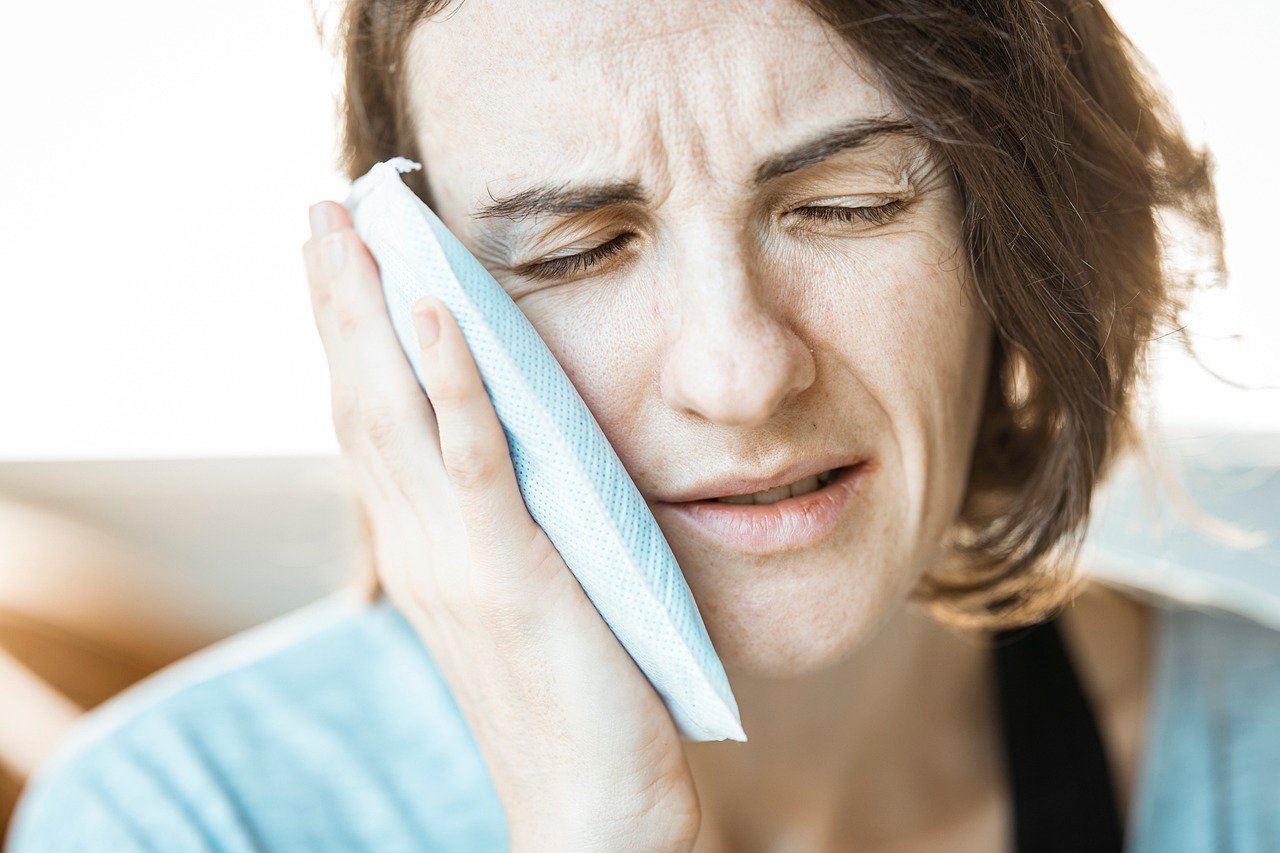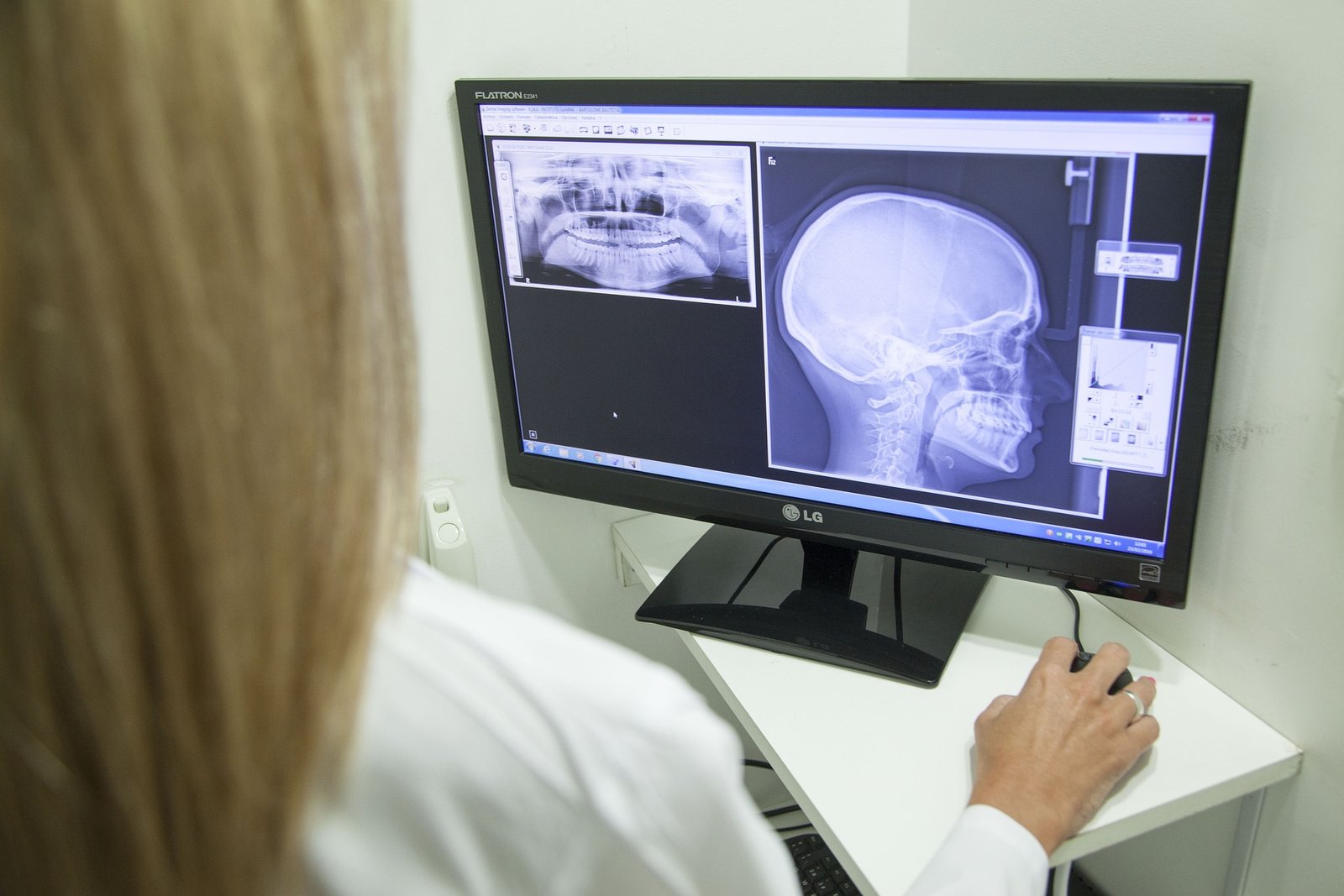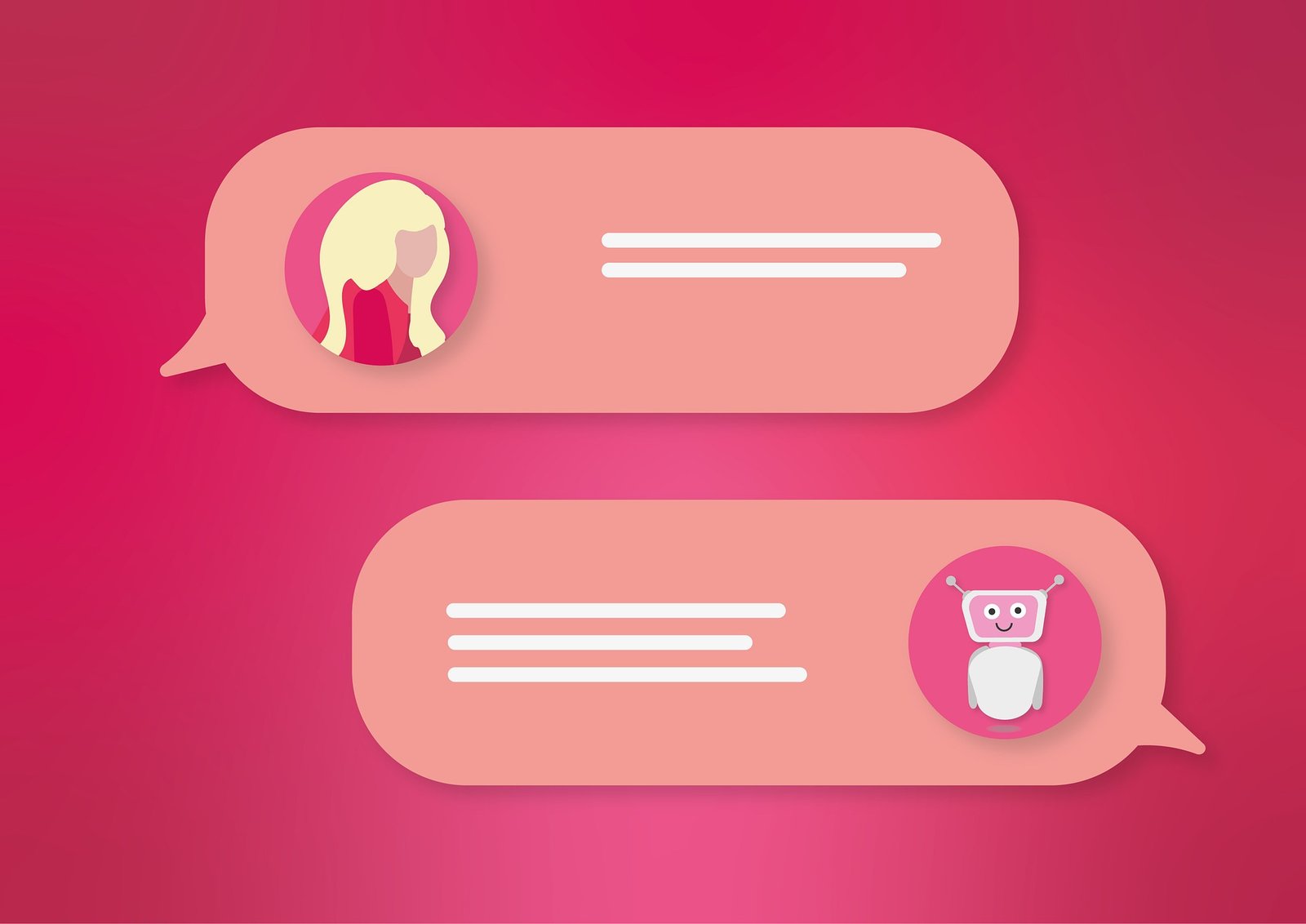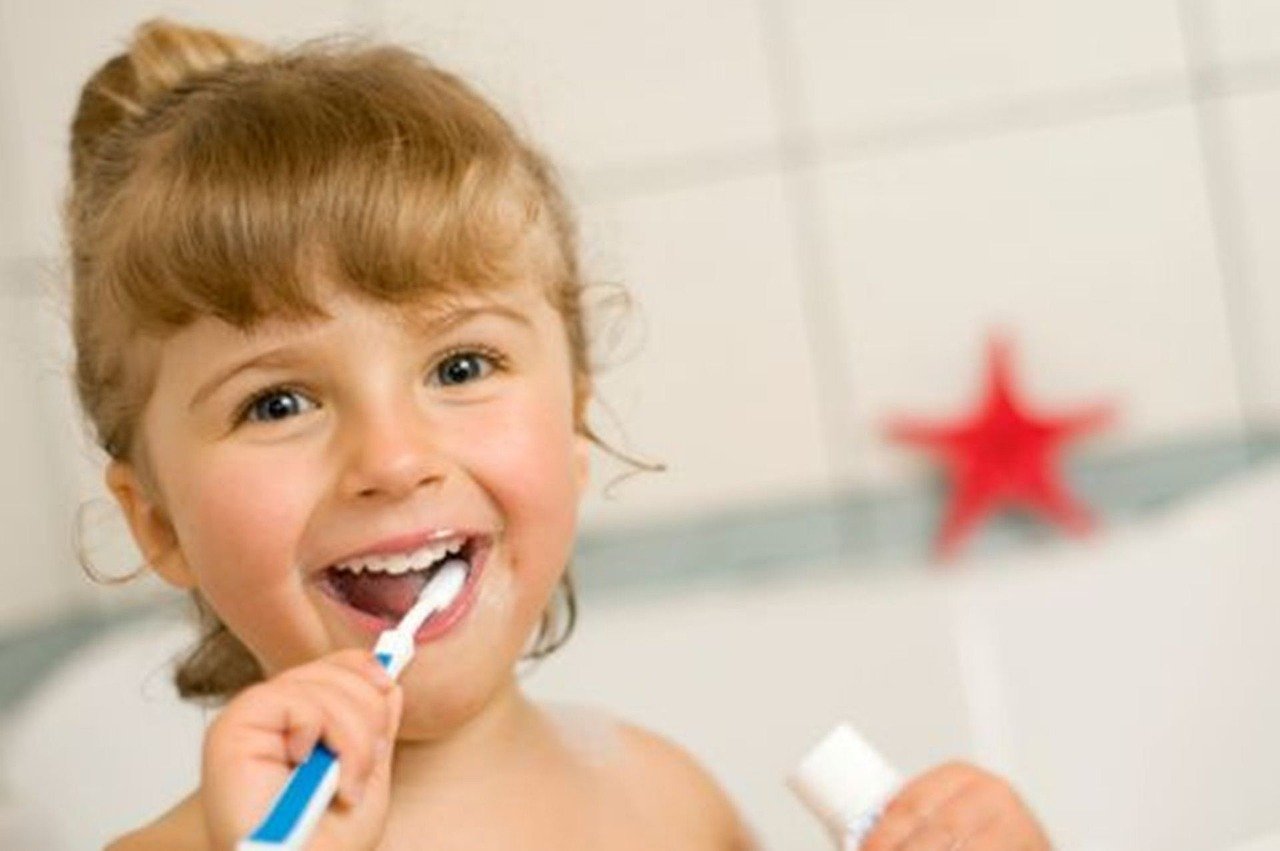What is Dental Anxiety/Stress?
Regular dental visits are necessary to maintain healthy teeth and gums, but some people avoid the dentist because of dental anxiety, which is apprehension surrounding dental visits. A typical emotional response to one or more specific threatening stimuli in a dental situation is dental fear, also known as dentophobia.
Dental anxiety is characterized by a feeling of dread that something terrible will happen during dental treatment. It is typically accompanied by a sense of losing control. Dental phobia, which designates a severe form of dental anxiety, is characterized by marked and persistent anxiety concerning either recognizable situations or objects such as drilling, local anesthetic injections, or the dental environment in general.
Researchers from a 2017 study discovered that 19% of the more than 300 participants experienced severe dental anxiety. In addition, they admitted that earlier research had indicated a 50–80% rate for the general population. Though the mouth is considered to be the mirror of your overall health, Dental anxiety can cause a person to skip appointments or avoid going to the dentist altogether, which could negatively impact their oral health and, also their overall health.
Different causes of Dental Anxiety?
There are numerous potential causes for dental anxiety such as
- Family History: If a parent or other relative suffers from a phobia or other anxiety disorder, your risk of developing one also rises. If you possess a gene mutation (gene change), you might experience greater levels of anxiety than average.
- The feeling of embarrassment: The fact that the dentist or hygienist is so close to your face might make you uncomfortable. You might also worry about the state of your breath or the way your teeth appear.
- The feeling of being helpless: Your sense of control may be impaired by the experience of lying in the chair with your mouth open for a protracted period.
- Modeling: Hearing about someone else’s phobia of dentists may cause you to develop your own.
- Past negative experiences: Dentophobia may develop in people who have had a traumatic negative experience related to visiting the dentist. Childhood dental anxiety, having procedures done without your permission, or having a procedure that hurt or resulted in complications are examples of traumatic dental experiences.
- Traumatic history: Dentophobia can develop as a result of a history of abuse, including sexual assault, child abuse, and bullying.
In a study published in 2018, researchers discovered that individuals with higher levels of dental anxiety also had higher rates of other comorbidities, such as:
- Anxiety, depression, and phobias like claustrophobia (irrational phobia of small and confined spaces) and agoraphobia (type of anxiety disorder).
- Disordered mood
- Additional psychiatric conditions
Which other phobias share a common root with dentophobia?
Associated phobias with dentophobia include:
- The fear of pain or Algophobia.
- Fear of vomiting, or Emetophobia.
- Fear of touching, or Haphephobia.
- Fear of doctors, or Iatrophobia.
- Fear of needles, or Trypanophobia
What is dentophobia’s greatest fear in a dental clinical setting?
Those who experience dentophobia might fear:
- Anesthesia: In most cases, people are more afraid of the anesthetic not working than they are of getting an anesthetic (a numbing drug). Some people are concerned about the anesthetic’s side effects, such as short-term lip numbness.
- Blood: Hemophobia, or the fear of blood, affects some people. Regarding the potential or actual occurrence of even minor bleeding that may occur during a dental procedure, they may experience fear or panic.
- Gagging/Choking: When the dentist numbs their mouth, patients might be afraid of gagging or choking. They might worry about losing their ability to swallow or breathe.
- Pain sensations: It is common for dental procedures to cause minor discomfort. Furthermore, the procedure or recovery can be painful at times. Highly sensitive individuals might be more worried about experiencing discomfort either during or as a result of dental treatment.
- Fear of dentist: There’s a chance that people associate their dentist with unpleasant emotions. If they’ve had a bad experience with a dentist in the past, these feelings might be worse.
- Fear of needles or syringes: Those who are needle-phobic might be afraid of the injections dentists administer during dental procedures.
- Noises in dental office: The sound made by the dental hygienist or dentist’s drills and other tools may cause fear in some people.
- The smell in a dental clinic: Some specific aromas that are released during dental procedures or the way the dentist’s office smells can cause people to become anxious.
Triggering factors of Dentophobia
Triggers for dentophobia include:
- A dental office setting.
- Observing or hearing dental equipment.
- Reclining in a dental chair.
- Visiting a dental hygienist or dentist.
- A thought of going to the dentist.
Symptoms of dental anxiety/stress/dentophobia
People can exhibit different signs of dental anxiety. To put it another way, how one person reacts to it may be completely different from how another does. According to experts, the fight, flight, or freeze response has a strong relationship with the symptoms and signs of dental anxiety. An individual may experience the following signs of dental anxiety:
- Elevated or accelerated heart rate
- Withdrawal from the situation, which may include humor or aggression to mask their fear, sweating signs of panic or distress low blood pressure fainting
What consequences might dental anxiety have on one’s oral health?
Many individuals’ oral health is not significantly impacted by dental anxiety. Without it having an impact on their oral hygiene, they can still go to the dentist and receive regular care. Dental anxiety, however, can cause some people to skip routine dental checkups or never have them. A 2017 study found that more than 20% of people with dental anxiety avoid going to the dentist regularly and that 9–15% never go.
A 2018 study found that between 1 in 8 and 1 in 6 dental patients reported that their anxiety interfered with their ability to receive care. It also mentioned that women are more likely to experience dental anxiety. However, rather than specifically describing dental anxiety, the study was primarily describing fear or phobia.
Avoiding the dentist could result in more severe oral health issues, more treatment being required, and even more complications.
Ways of coping with dental Anxiety/Fear
All ages of people are susceptible to dental anxiety. Here are some methods for overcoming your fears and returning to the dental chair:
Let your dentist know what worries you have
Never be afraid to express your worries to your dentist. They can take action to simplify the procedure. They can walk you through each step from beginning to end so you know what to anticipate. They can also suggest methods to help you unwind and feel more at ease during the appointment.
Try different breathing exercises
The mind can be calmed and you can feel more relaxed by engaging in deep breathing exercises. Stress during dental appointments can be reduced by these exercises.
Relaxation techniques like meditation
The waiting area or the dental chair are two places where anxiety can get worse. It is possible to calm down and relieve stress in this situation by engaging in a straightforward meditation practice. You can accomplish it anywhere, including at the dentist’s office, by focusing your attention, relaxing your muscles, and entering a state of enhanced awareness. To stay composed and focused during your appointment, you can also meditate.
Guided Imagery
Imagining pleasant thoughts while at the dentist is another method to relieve the stress and anxiety at a dental clinic. Consider humorous or enjoyable old memories while in your “happy place.” Your mind can be relaxed and calm by feeling happier when you are nostalgic.
Hypnosis
Hypnotherapy involves calming down and quieting the conscious mind. By using this guided relaxation technique, you can enter a trance state, during which a hypnotherapist can reduce your anxiety using the power of suggestion. It’s crucial to understand that a hypnotherapist cannot force you to do anything you would not choose to do on your own.
Distraction
Anxiety can also be reduced in the dental office by providing a distraction. See if you can watch TV or a movie or listen to music while wearing headphones during your appointment.
Analgesia
This particular medication is used to treat pain. These medications are available over the counter, but they are also used during dental appointments to ease mild anxiety and treat pain. Nitrous oxide, also referred to as laughing gas, is a common dental treatment that involves inhaling small amounts of colorless and odorless gas before or during your procedure. Find out if nitrous oxide is covered by your dental insurance by contacting the company as it is not covered under every insurance plan.
Take an anxiety-relief medicine
To help patients feel less anxious before an appointment, some dentists may recommend a short-acting anti-anxiety medication for moderate anxiety. Before your appointment, you will take the medication.
Conscious sedation
Conscious sedation is an option for people with moderate to severe anxiety. A few hours before your dental appointment, you must do this by taking an oral sedative. You won’t be unconscious throughout the appointment because this isn’t general anesthesia. You’ll be extremely at ease while still being aware and responsive.
General Anaesthesia
This is an option for people with severe dental anxiety and involves being completely unconscious or asleep during a dental procedure. Do not forget that an anesthesiologist may occasionally administer dental anesthesia in a hospital setting. A dentist can only administer general anesthesia in certain dental offices after receiving specialized training.
How is dental phobia identified?
Dentophobia is listed as a distinct phobic disorder in the Diagnostic and Statistical Manual of Mental Disorders (DSM) by the American Psychiatric Association (APA). If you experience severe anxiety or fear when contemplating or going to the dentist, your doctor may diagnose dentophobia.
You might be recommended to see a psychologist by your dentist or other healthcare provider for mental health issues. A formal evaluation of your symptoms, including how the phobia affects your daily life, can be done by this healthcare professional.
Conclusion
In the general public, dental anxiety is widespread. The fact that they continue to go to the dentist and receive quality dental care doesn’t seem to have any impact on many people. Some people may not receive the appropriate care because of their fear or anxiety when visiting the dentist. Future dental problems as a result of this might necessitate more intensive care and treatment.
Small steps can be taken by someone who is experiencing dental anxiety to reduce their fear. The dentist’s office visits can be made more bearable by finding distractions, having conversations with the dentist, or finding other ways to unwind.
I sincerely hope that the information provided here is helpful to you all. Please share with us in the comments section below.






